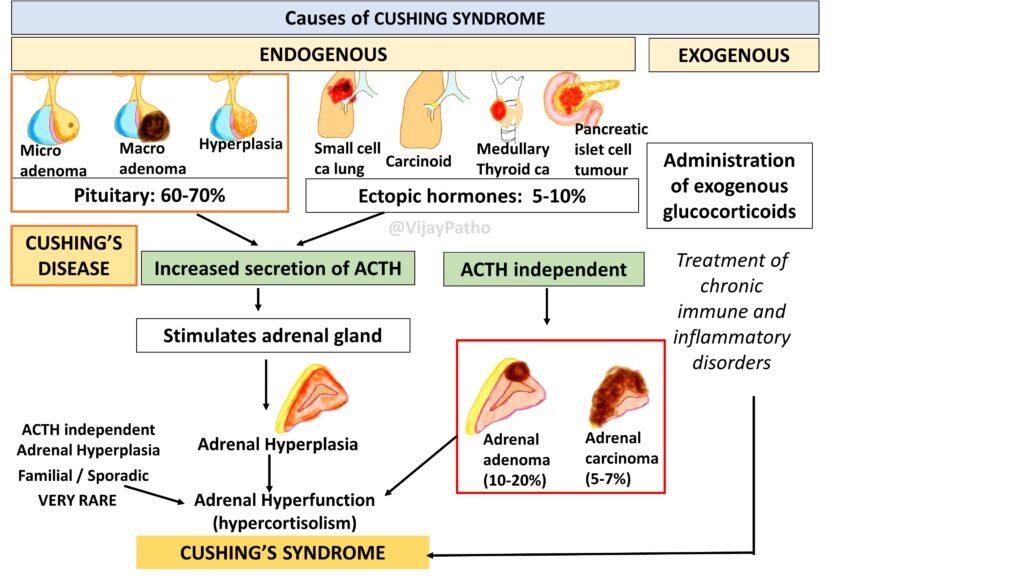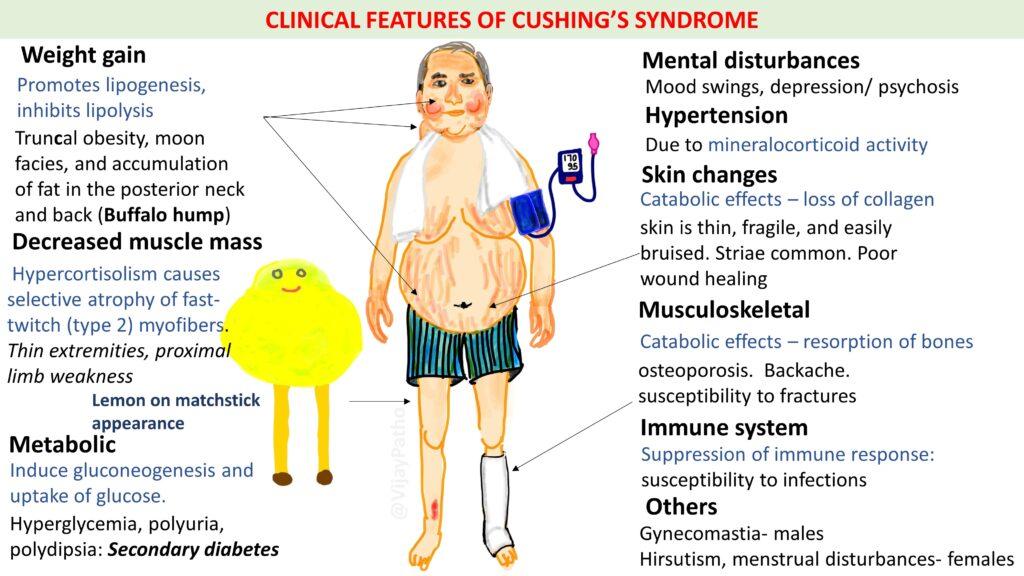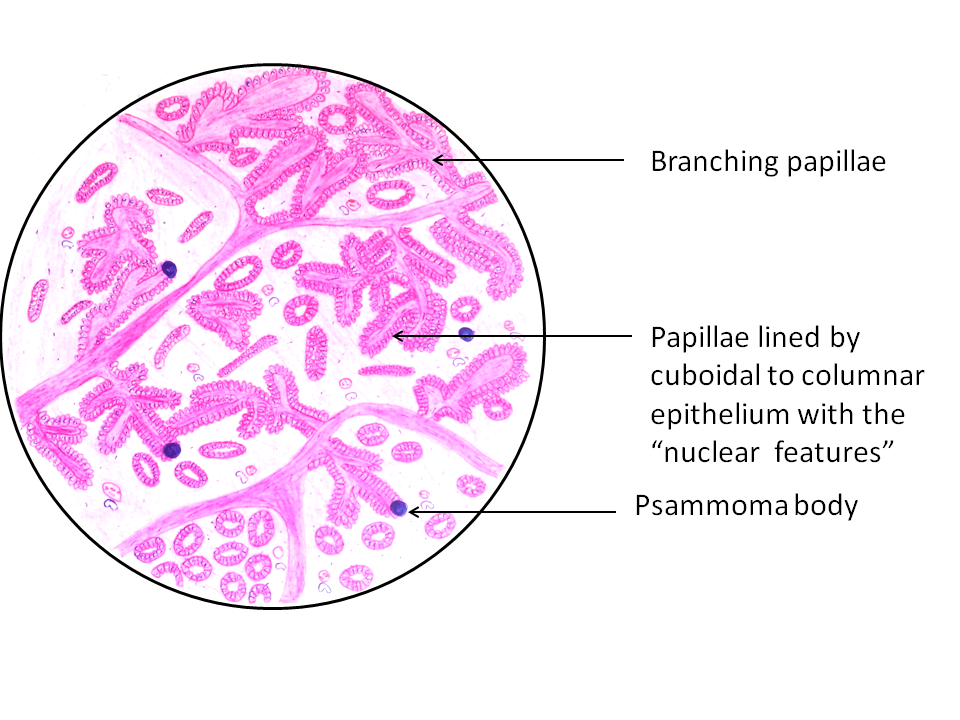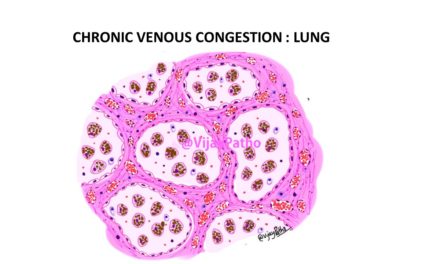What is Cushing’s syndrome?
Cushing’s syndrome, also known as hypercortisolism, is a condition characterized by an excess of cortisol in the body. It can arise from various causes, leading to widespread effects on the body’s functions and appearance.
Cushing’s syndrome is a broad term that denotes hypercortisolism from any cause. Cushing’s disease specifically refers to hypercortisolism due to an excess secretion of ACTH (adrenocorticotropic hormone) by pituitary corticotrope tumors. It was named after Dr. Harvey Cushing, who first described it.
What are the common causes of Cushing’s syndrome?
Causes of Cushing’s syndrome can be divided into endogenous (internal) and exogenous (external) sources. Endogenous causes include pituitary adenomas (Cushing’s disease), ectopic ACTH syndrome (often from tumors like small cell lung carcinoma or carcinoid tumors), and adrenal tumors. Exogenous causes are primarily due to the prolonged use of corticosteroid medications. The causes as illustrated below

What are the clinical features of Cushing’s syndrome?
Common symptoms include weight gain, particularly around the trunk, moon face, buffalo hump, muscle weakness, thin skin with easy bruising, stretch marks, osteoporosis, and psychological symptoms such as mood swings or depression. Additionally, it can lead to conditions like hypertension and diabetes. The clinical features are illustrated as below
How is Cushing’s syndrome diagnosed?
Diagnosis typically involves clinical assessment, measurement of cortisol levels in urine, blood, or saliva, and dexamethasone suppression testing to differentiate between various causes. Serum ACTH levels are also measured to determine if the hypercortisolism is ACTH-dependent or ACTH-independent.
What are the treatments for Cushing’s syndrome?
Treatment depends on the underlying cause. Surgical removal of tumors producing ACTH or cortisol is the primary approach for endogenous causes. For Cushing’s syndrome caused by corticosteroid use, gradually reducing the medication under medical supervision is recommended. Medications that inhibit cortisol production may also be used.
What is the prognosis for individuals with Cushing’s syndrome?
The prognosis can be good if the underlying cause is treatable, such as in cases of benign tumors. However, more severe cases, such as those caused by malignant tumors or ectopic ACTH production, can have a poorer outcome. Early diagnosis and appropriate treatment are critical for improving prognosis.
Click here to watch the video tutorial on Cushing’s syndrome






